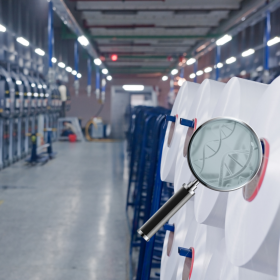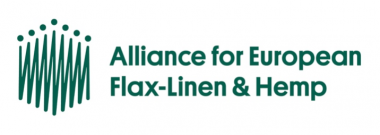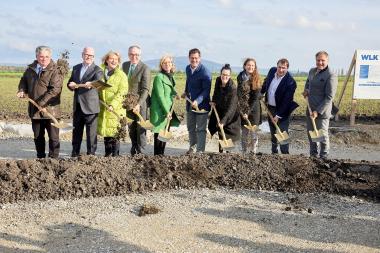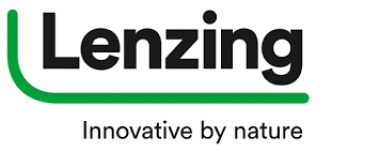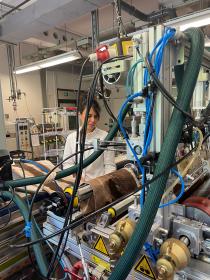ECHA: Hazardous chemicals found in fashion products
An EU-wide enforcement project of the ECHA Forum found excessive levels of hazardous chemicals, such as lead and phthalates, in products that are sold to consumers. In total 18 % of the inspected products breached the EU laws.
The national enforcement authorities in 26 EU countries checked over 2 400 products, most of them intended for consumers, and found more than 400 of them breaching the EU’s chemicals laws.
The most common product types breaching the laws were:
- Electrical devices such as electrical toys, chargers, cables, headphones. 52 % of these products were found non-compliant, mostly due to lead found in solders, phthalates in soft plastic parts, or cadmium in circuit boards.
- Sports equipment like yoga mats, bicycle gloves, balls or rubber handles of sport equipment. 18 % of these products were found to be non-compliant mostly due to SCCPs and phthalates in soft plastic and PAH in rubber.
- Toys like bathing/aquatic toys, dolls, costumes, play mats, plastic figures, fidget toys, outdoor toys, slime and childcare articles. 16 % of non-electric toys were found to be non-compliant, mostly due to phthalates found in soft plastic parts, but also other restricted substances such as PAHs, nickel, boron or nitrosamines.
- Fashion products such as bags, jewellery, belts, shoes and clothes. 15 % of these products were found non-compliant due to the phthalates, lead and cadmium they contained.
In cases where non-compliant products were found, inspectors have taken enforcement measures, with most of them resulting in the withdrawal of such products from the market.
The non-compliance rate was higher in products which originated from outside the European Economic Area (EEA) or whose origin was not known.


















